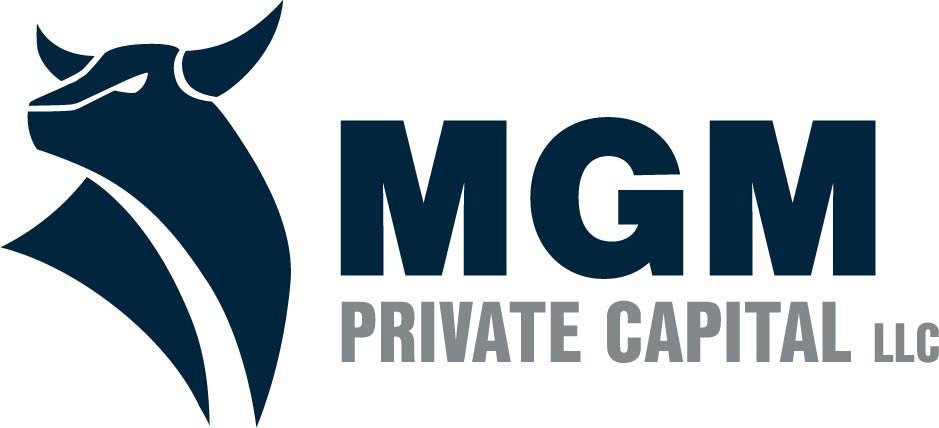What the New FinCEN Rule Means for Wisconsin Investors and Sellers
Who’s Affected
The rule applies to any cash or non-financed purchase of residential real estate where the buyer is a business entity or trust.
That includes:
Single-family homes, townhouses, condominiums and 1–4 family units
Co-ops
Mixed-use buildings with residential components
Vacant land intended for residential development
Any non-financed residential real estate transfer, meaning purchases without institutional mortgage lending involved, including all-cash deals, privately financed purchases (family, friends, charitable groups, or hard money lenders), and seller-financed transactions like land contracts or seller-held mortgages are subject to the new rule.
A transaction becomes reportable when the buyer is an entity or a trust — such as an LLC, corporation, or trust — even if only one buyer is an entity and even if the purchase price is low.
Unlike prior FinCEN Geographic Targeting Orders, there are no geographic or price limits. The rule applies nationwide to all dollar amounts.
What’s Changing
Under the new rule, the title or settlement company must file a detailed report with FinCEN within 30 days of closing.
That report includes:
Basic property details (address, legal description, price).
Payment method and source of funds.
Information on every “beneficial owner” of the buyer’s entity.
Personal identifying details, full legal name, date of birth, Social Security number, and home address, for both buyers and sellers
In other words, the days of buying or selling through an anonymous LLC are over.
For Sellers: Privacy and Process
This is where it gets tricky.
Sellers will now need to provide personal information to the title company, including Social Security number, date of birth, and home address. This is a dramatic shift from current requirements.
For many sellers, especially older adults who aren’t comfortable with online forms or file-sharing links, finding a secure way to deliver that data will take some coordination and advanced planning.
And for wholesalers or out-of-state entity sellers, the rule requires disclosure of all ownership members, not just a business EIN. That transparency may feel uncomfortable, but it will be mandatory.
The Wisconsin REALTORS® Association (WRA) created a new form to help buyers and sellers identify early in the process whether their deal will require FinCEN reporting and what information they must gather for the title company. The form is available in the WRA Forms Library for members, with additional guidance provided in the September 2025 FinCEN Legal Update.
For Buyers and Borrowers
Suppose you’re a real estate investor using an LLC. In that case, you’ll need to provide the same information for every owner who holds 25% or more interest in the company, plus any managing members or signers on the transaction. Even if your business already has an EIN, FinCEN requires personal identification for each owner.
Though there is no fee to file the form, it is expected that title companies will charge a compliance fee in the $250 – $700 range to offset the new reporting workload and record-keeping requirements. There is no requirement as to who pays the fee, so it is likely to be passed on to the buyer, as with other documentation and filing fees.
For Lenders
Because private and hard money loans are classified as cash transactions, these rules apply to nearly all MGM-funded deals. The responsibility to uphold the changes falls on the closing agent, which, for most hard money deals in Wisconsin, will be the Title company.
To keep closings moving quickly, we recommend advising all parties that this information will be expected, ideally at loan approval. Having everything ready before title review can prevent delays once FinCEN filings become mandatory.
What You Can Do Now
Update your intake process. Begin requesting member and owner information upfront on every loan or purchase involving an entity.
Educate your sellers. Let them know why these details are required and help them submit their data securely.
Review your contracts. The Wisconsin WB-11 Offer to Purchase form may include updates to reflect this added disclosure step.
Prepare for added closing costs. Discuss title compliance fees early so no one is caught off guard.
The Bottom Line
This law was designed to fight financial crimes, not frustrate investors. But it does change how we all do business. At MGM Private Capital, we’ll continue doing what we’ve always done — guiding you through every step with clarity, transparency, and speed.
If you’re unsure how to prepare for these changes as a buyer or seller, reach out to our team. We’ll make sure your next deal, and every one after March 1, 2026, runs smoothly.
Legal Disclaimer:
This article is provided for informational and educational purposes only and is not intended to constitute legal advice. Real estate regulations can be complex and situation-specific. Readers should consult with qualified legal counsel or a licensed attorney for guidance regarding their particular transaction or compliance obligations.
At MGM Private Capital, we actively support real estate investors across Southeastern Wisconsin with trusted capital options and offer opportunities for capital partners to grow alongside us.
Starting March 1, 2026, a new federal regulation from the Financial Crimes Enforcement Network (FinCEN) will change how many real estate closings are handled, especially for deals funded with hard money or private capital.
These changes aim to reduce money laundering through real estate, but for our local investors and sellers, they also bring new steps, new paperwork, and a few practical challenges to prepare for now.

